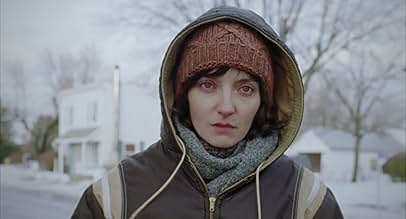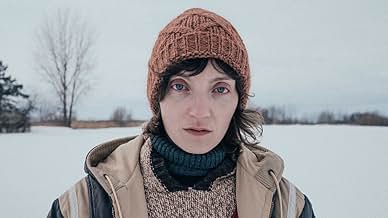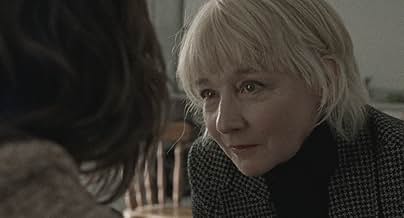The more advanced horror film of these times often moves away from archaic and explicit images, such as goat heads, anthropomorphic beings, murky ectoplasms, or satanic sacrifices. In general, every horror movie thrives on something basic like fear, which, in turn, arises from a lack of knowledge of something that is threatening someone's integrity. But in a contemporary and intelligent horror film like the excellent Canadian drama «Répertoire des villes disparues», although apparitions are not lacking, its plot deals with the social collapse of human communities, when they have reached the threshold of extinction.
The film begins with the death of Simon Dubé, a 21-year-old boy, whom the community mourns and whose parting words are delivered by the mayor, giving Simon's passing a relevance that is never explained, but which in the end will be consistent with the whole story. His brother Jimmy, his mother Gisele and his father Romuald are devastated. The three begin to see Simon, who appears to them without saying a word, but those who believe them think the apparitions are a manifestation of their grief. However, when Adele, the terrified village psychic, certifies the presence of strangers in the village; and when Pierre, the local café owner, sees --inside the abandoned house that he wants to buy-- four murdered children and his father, who committed suicide after doing so, there is no doubt that the town is "at risk." The Québec authorities gather most of the 215 residents of Irénée-les-Neiges to announce that these sightings have been reported in various rural areas.
The film is somehow a magnificent metaphor for the extinction of human communities, and hence the title of the film and the novel by Québec author Laurence Olivier that inspires it. The town mine has been closed, the young people are gone, the mayor tries to cheer up the residents, but the desolation increases. And the number of entities that have been seen around increases in the almost colorless, cold town, covered in snow, where snowfalls often hit the population. Like the character of the maid Emilia in Pasolini's «Teorema», Adele is the only person who is safe, seeking refuge in her own psyche and in her own holiness.
I had never seen a film from director Denis Coté, who signs here his eighth feature film, but with this work he has gained my admiration with his unhurried and elegant style to impress the public with a ghostly and overwhelming story, well-rooted in the social realities of our times.




































